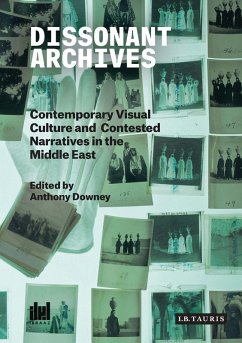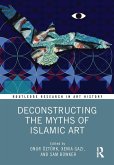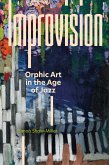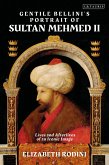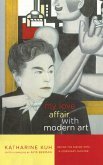The 'archive' is often viewed as a collection of historical documents that records and orders information about people, places and events. This view nevertheless obscures a crucial point: the archive, whilst subject to the vagaries of time and history, can also determine the future. This point has gained urgency in modern-day North Africa and the Middle East where the archive has come to the fore as a site of social, historical, theoretical, and political contestation. Dissonant Archives is the first book to consider the ways in which contemporary artists from the Middle East and North Africa - including Emily Jacir, Walid Raad, Jananne Al Ani, Basel Abbas and Ruanne Abou-Rahme, Mariam Ghani, Zineb Sedira, and Akram Zaatari - are utilizing and disrupting the function of the archive and, in so doing, highlighting a systemic, perhaps irrevocable, crisis in institutional and state-ordained archiving across the region. In exploring and producing archives, be they alternative, interrogative or fictional, these artists are not simply questioning the authenticity, authority or authorship of the archive; rather, they are unlocking its regenerative, radical potential.The result provides essential insights into the nexus between art and politics in the contemporary Middle East.
Bitte wählen Sie Ihr Anliegen aus.
Rechnungen
Retourenschein anfordern
Bestellstatus
Storno

